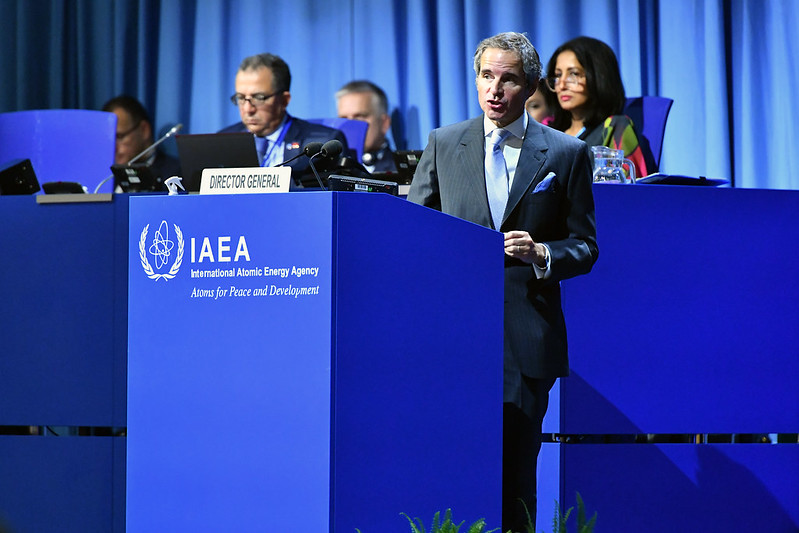As a part of Plenary meeting of the International Atomic Energy Agency’s General Conference, the attending delegates were addressed by the IAEA’s Director General Mr Rafael Mariano Grossi. He first pointed out the extraordinary and unprecedented circumstances of the 64th regular session of the General Conference caused by global pandemic, and continued by stating that the conference is attended by 172 Member State delegations and representatives of a number of international organizations.
Mr Grossi stated that the Agency has sent more than 1000 assistance consignments to more than 120 countries around the world, and, thus, responded to its Member States seeking help. He also pointed out that the Agency is to continue to send such assistance in future as pandemic is far from being definitely defeated. He added that the IAEA has learned a lot from this experience and, in the light of it, has initiated a new IAEA Zoonotic Disease Integrated Action project, known as ZODIAC in order to connect the Agency’s scientific and technical capacities and provide support for all countries coping with zoonotic diseases caused by bacteria, parasites, fungi or viruses that can be transferred to people. ZODIAC project is expected to reinforce the readiness and capacities of Member States to rapidly detect and timely respond to the outbreak of such diseases, and to coordinate the Agency’s joint efforts with other international organizations.
In his statement, Mr Grossi also underlined that the Agency intends to contribute actively to all global challenges in the scope of the IAEA’s mandate, particularly emphasizing three areas in this respect. According to Mr Grossi, as part of combat against nuclear proliferation, all inspection visits in connection with the implementation of nuclear safeguards have been undisturbed throughout the pandemic lockdown despite new regulations on travel and international traffic restrictions, as well as many countries being closed. The implementation of programmes regarding the safety and sterilization of food, as well as cancer prevention and treatment remain to be the Agency’s top priorities, said the IAEA Director General. In addition, struggle with global warming, climate changes and wider ecological problems will be an integral part of programmes carried out by the Agency.
In order to implement the above, the Agency will continue to upgrade and modernize scientific and technical capacities of its laboratories in Seibersdorf, and to refine Technical Cooperation programmes that are seen as extremely important by all Member States.
At the end of his statement, Mr Grossi reaffirmed the Agency’s efforts to make Atoms for Peace and Development the reality of entire humankind.

